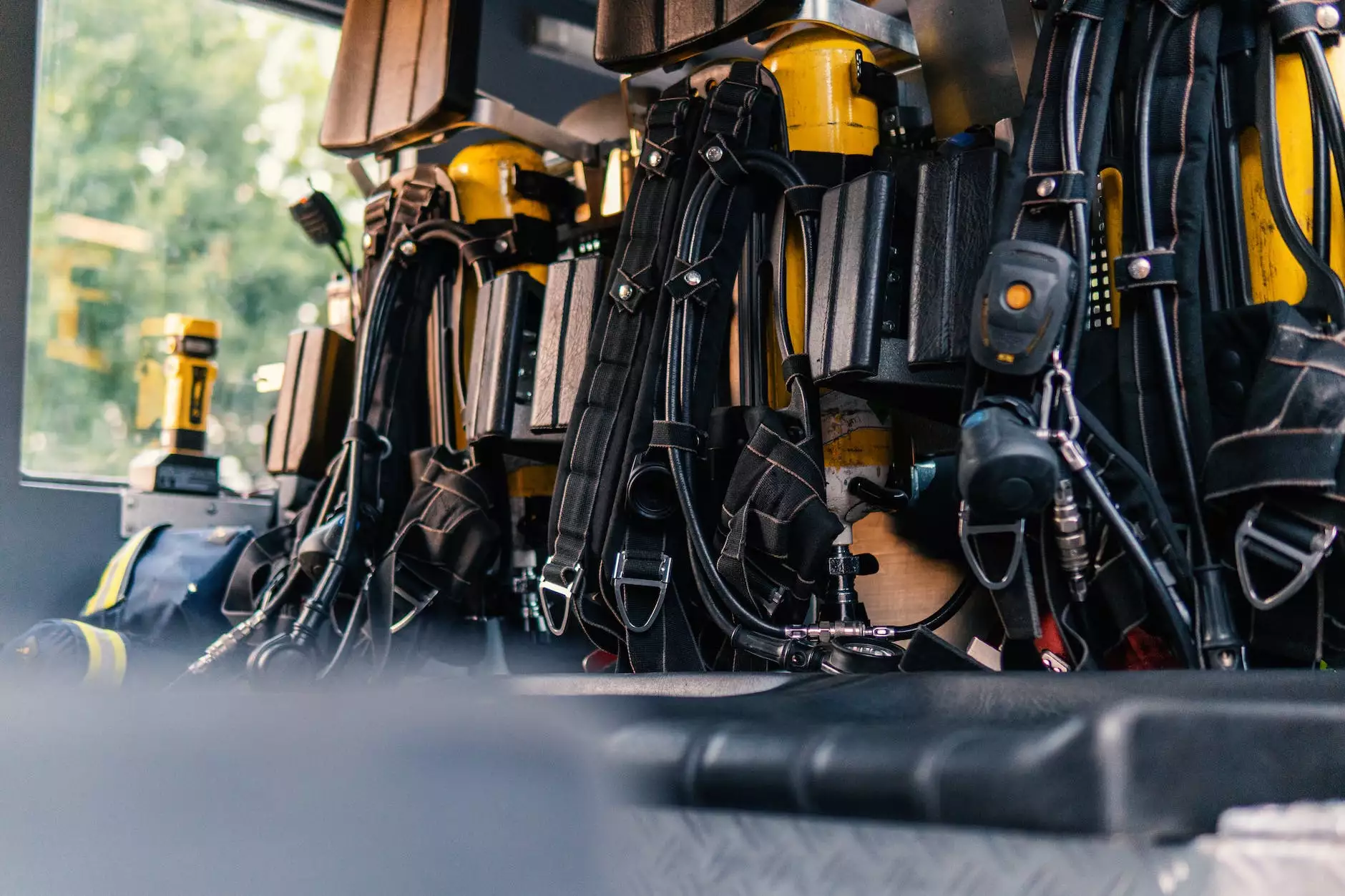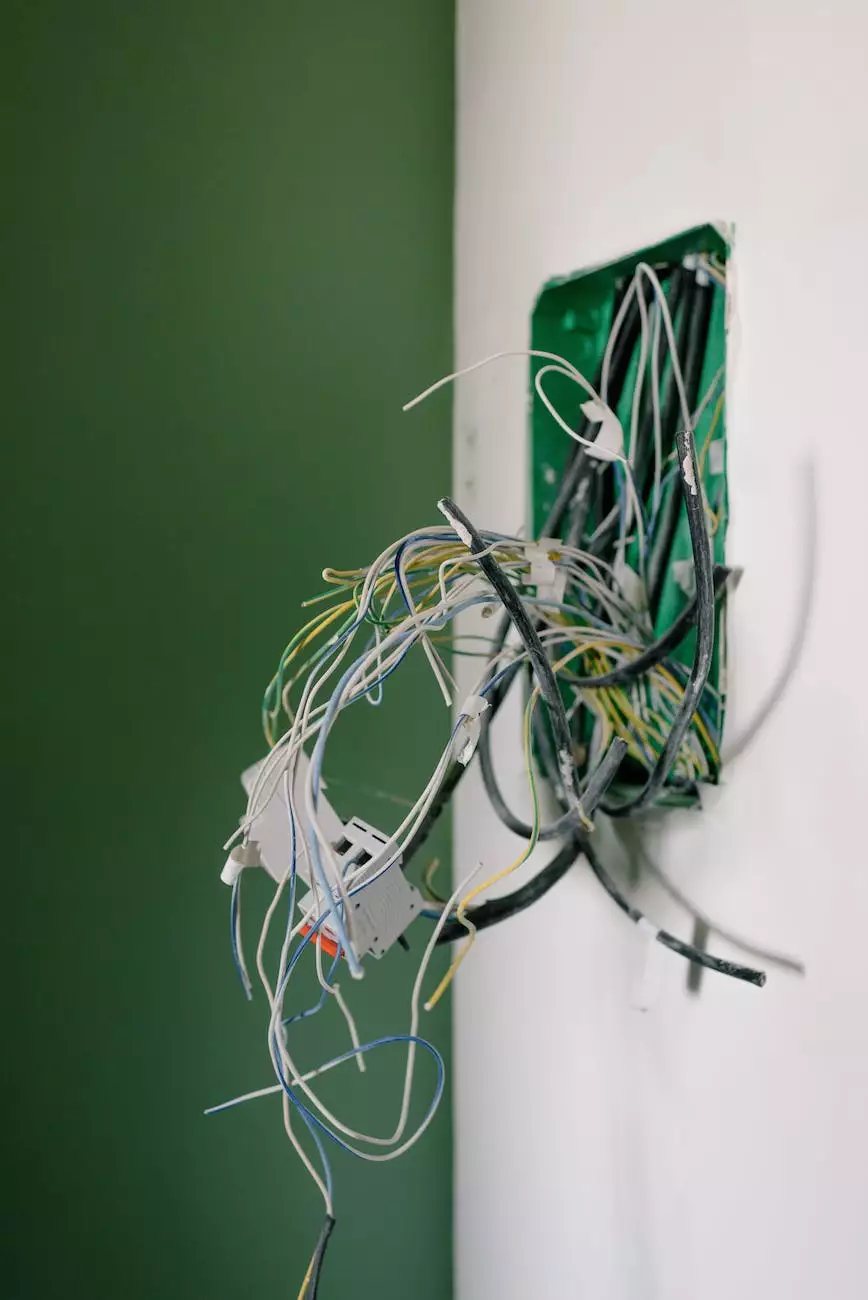Stopping Fuel Leaks when Performing a Diesel Compression Test
Chassis
When it comes to performing a diesel compression test, it is crucial to ensure the safety and accuracy of the procedure. One common challenge that technicians often face is dealing with fuel leaks during the test. Fuel leaks not only hamper the accuracy of the test but also pose safety risks. At Grafco Electric, we believe in delivering comprehensive solutions for all your diesel compression testing needs. In this guide, we will provide you with valuable insights and techniques to effectively stop fuel leaks during the test.
Understanding the Diesel Compression Test
The diesel compression test is an essential diagnostic procedure used to evaluate the overall health and performance of a diesel engine. By measuring the compression pressure within the cylinders, technicians can identify potential issues such as worn piston rings, valve problems, or head gasket damage. However, performing the test can be challenging, especially when dealing with fuel leaks.
Identifying Common Causes of Fuel Leaks
Before we dive into the techniques to stop fuel leaks, it is crucial to understand the common causes behind them. Here are a few potential culprits that can lead to fuel leaks during a diesel compression test:
- Worn or damaged fuel lines
- Faulty fuel injector seals
- Loose or improperly tightened fuel system connections
- Cracked fuel filter housing
Now that we have identified some common causes, let's explore effective strategies to stop fuel leaks during a diesel compression test.
Techniques to Stop Fuel Leaks
1. Inspect and Replace Worn Fuel Lines
Start by thoroughly inspecting the fuel lines for signs of wear, cracks, or damage. If any issues are identified, promptly replace the worn fuel lines with high-quality replacements. Grafco Electric provides a wide range of reliable and durable fuel lines that ensure proper fuel delivery and minimize the risk of leaks.
2. Address Faulty Fuel Injector Seals
Faulty fuel injector seals are a common cause of fuel leaks during a diesel compression test. Inspect the seals for any signs of wear or damage. If necessary, replace the seals using OEM recommended seals or high-quality aftermarket alternatives. Grafco Electric offers a comprehensive selection of fuel injector seals that guarantee superior performance and reliability.
3. Check and Tighten Fuel System Connections
A loose or improperly tightened fuel system connection can lead to fuel leaks. Ensure that all connections, including those between the fuel filter, fuel pump, and fuel rail, are properly tightened. If any connections are found to be loose, tighten them securely. Grafco Electric offers high-quality fuel system connection components that ensure a secure and leak-free connection.
4. Inspect and Replace Cracked Fuel Filter Housing
A cracked fuel filter housing can result in fuel leaks during a diesel compression test. Conduct a thorough inspection of the housing and replace it if any cracks or damage are detected. Grafco Electric provides durable and reliable fuel filter housings that effectively prevent fuel leaks and ensure optimal engine performance.
Conclusion
Performing a diesel compression test requires attention to detail and the implementation of proper techniques to prevent fuel leaks. By understanding the common causes of fuel leaks and utilizing the techniques provided in this guide, you can perform a safe and accurate diesel compression test. At Grafco Electric, we are committed to providing reliable solutions to all your diesel testing needs. Contact us today to learn more about our high-quality products and expert guidance.




